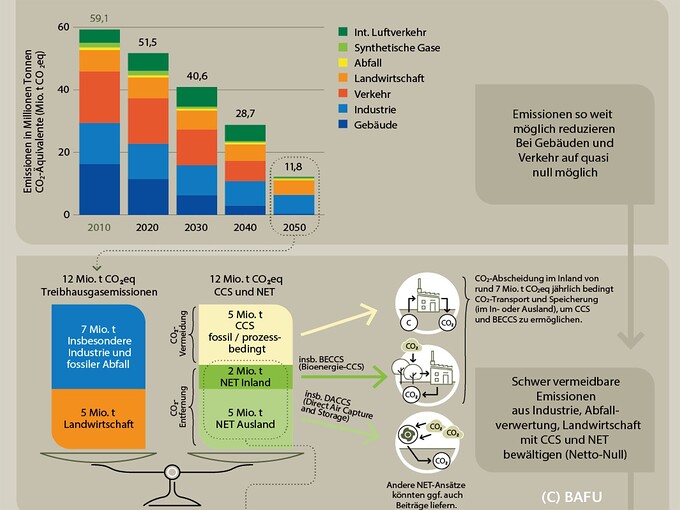Net zero is a long-term target, usually relating to 2040 or 2050, and is represented by reduction paths. These reduction paths take into account the decarbonisation of entire portfolios. For real estate, it has become established that property emissions can be presented in three scopes.
Scope 1 includes emissions from energy sources that are used on site. However, the electricity from a heat pump is assigned to Scope 2 if the electricity is produced outside the property and emitted there. Scopes 1 and 2 are comparatively easy to move towards net zero, as both reduction and compensation measures are known.
In simplified terms, Scope 3 for real estate is formed by embodied greenhouse gas emissions, i.e. emissions from the construction, maintenance and demolition of buildings. Achieving net zero is much more complicated in Scope 3, as embodied greenhouse gas emissions make up a huge proportion of the overall balance and the reduction and compensation measures are rather vague.
One way to achieve net zero across all three scopes is the circular economy and, in particular, the preservation of existing resources. Clarifying and further developing this is the key task for the near future.
Cities, municipalities and cantons are analysing their legal situation with regard to implementing circular economy measures. Ambitious owners and developers are reviewing their portfolios for a net-zero reduction path across all three scopes. We offer our experience in life cycle assessment, process support and project planning to help develop possible solutions.
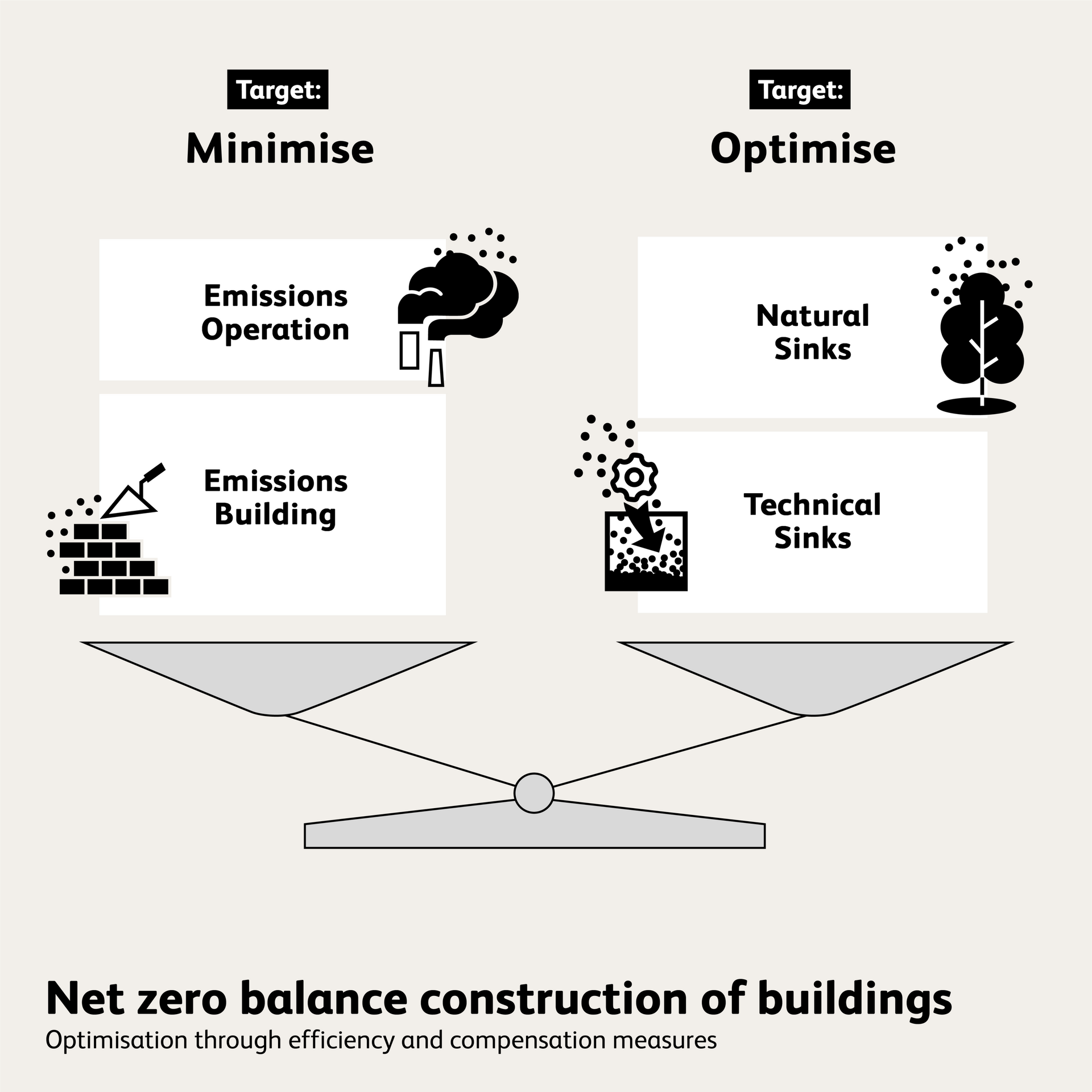
References
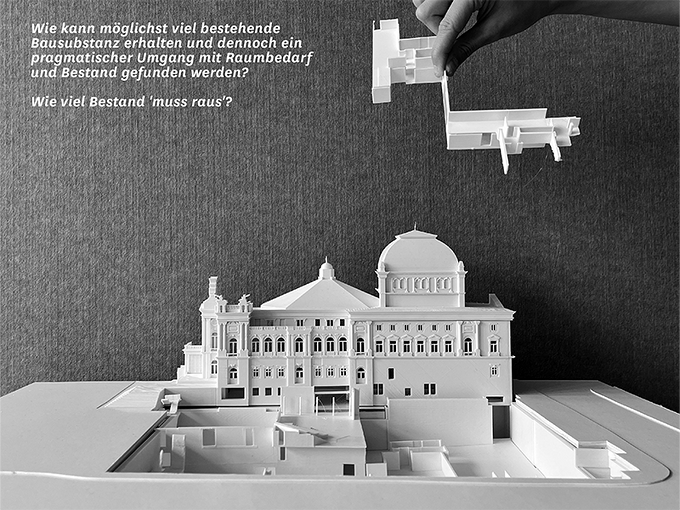
Feasibility study for the building preservation of the extension of Zurich Opera House's 'Fleischkäse'
The extension to Zurich Opera House, popularly known as the ‘Fleischkäse’, is to be either renovated or replaced. The extension that was built in 1984 is in need of technical and energy-related renovation and the opera house needs more space. ‘The aim is to create a building that fulfils all operational requirements and is also an architectural gem on the lake. The competition is due to take place in 2025.’ (Hochparterre, 14.04.2023).
The Building Department of the Canton of Zurich is investigating whether and which parts of the building can be used in the future. Durable was contracted to carry out this feasibility study as part of a team with BHSF Architekten. Our aim is to identify solutions that preserve the existing building as far as possible and thus minimise CO2 emissions from construction activities.
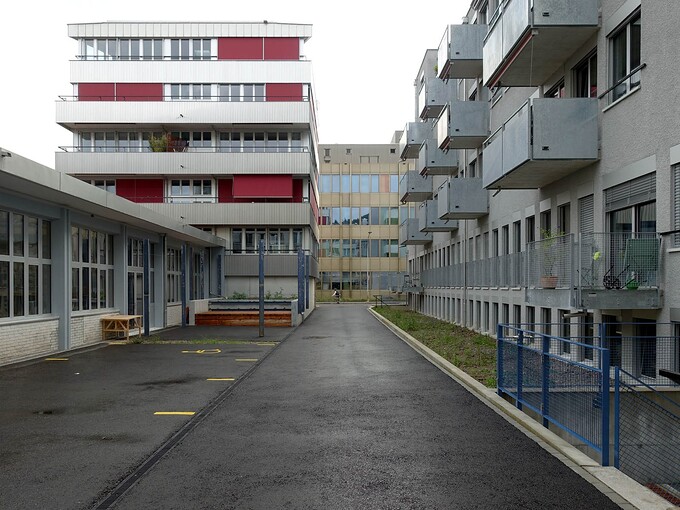
Net zero in ECOREAL's sustainability strategy
In 2023, the Swiss real estate investment foundation ECOREAL revamped its sustainability strategy in collaboration with Durable. The strategy is grounded in ECOREAL’s core values and aligned with the UN Sustainable Development Goals (SDGs). A key target is the reduction of greenhouse gas emissions across all three scopes, aiming for net zero.
Scopes 1 and 2 are already measured and verified. For Scope 3, particularly in relation to construction, measures such as promoting the preservation of existing buildings, simpler and more resilient construction, and circular economy practices are being implemented.
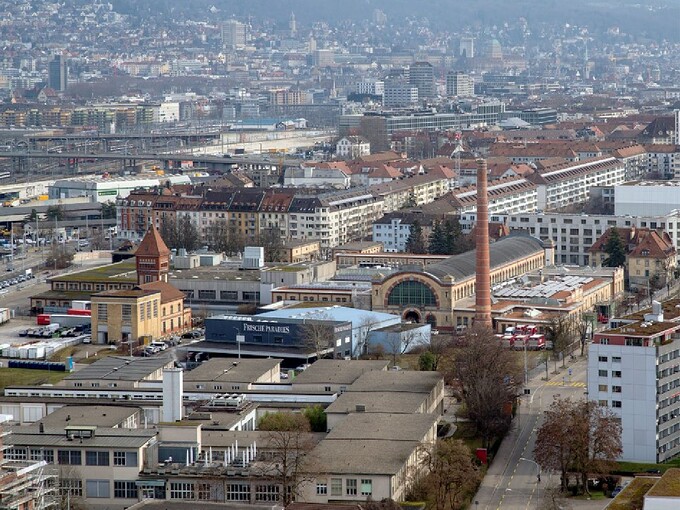
Workshops with the Office of Urban Development for the revision of the Construction and Zoning Ordinances
The City of Zurich is planning a revision of its Construction and Zoning Ordinances (BZO), a process that only takes place at longer intervals. Given the rarity of such adjustments, the Office of Urban Development (AfS), responsible for the revision, is keen to establish forward-thinking guidelines. A key focus of this revision is the city’s commitment to achieving net-zero emissions, a goal endorsed by voters in 2022.
As part of this effort, the AfS aims to explore solutions for implementing binding preservation of existing buildings. To support this, the AfS collaborated with Durable to conduct two workshops, which led to a proposal for updating Article 8 on large-scale development projects. This proposal includes new energy performance standards for both the construction and operational phases of buildings.
